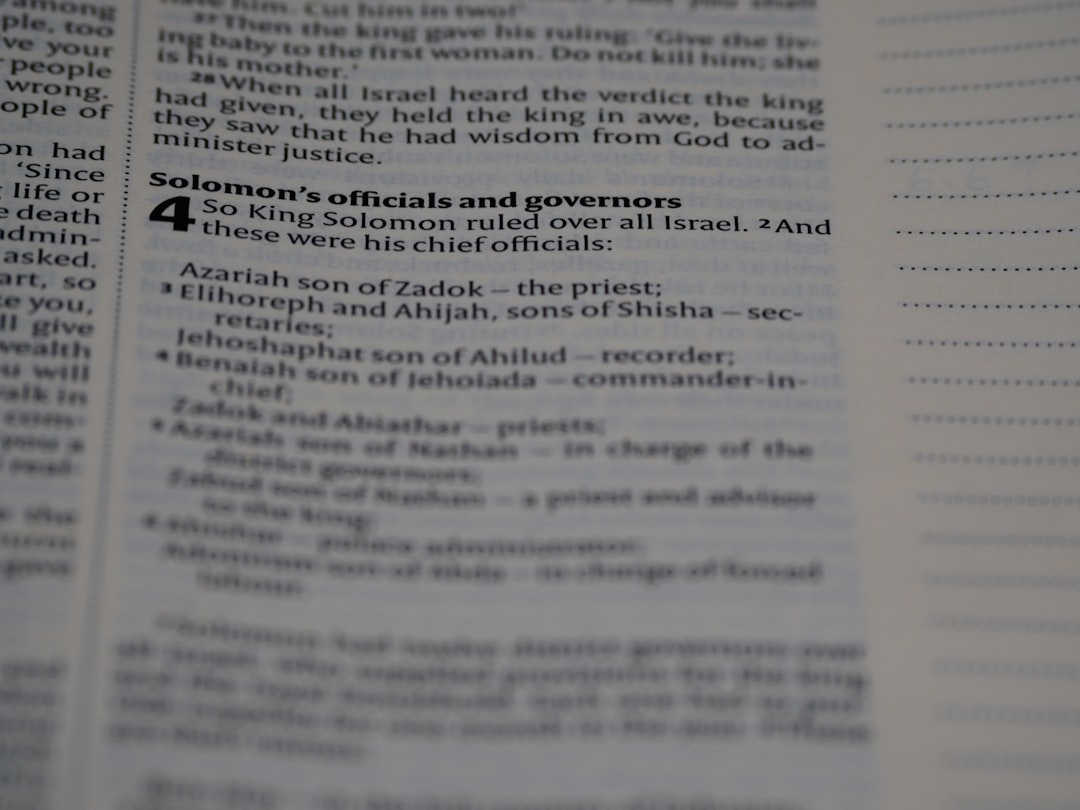Vladimir Putin: A Comprehensive Analysis of Russia’s Dominant Leader
Introduction
Vladimir Vladimirovich Putin is one of the 21st century’s most influential and controversial world leaders. As President of the Russian Federation, Putin has shaped not only Russian politics but global affairs over the last two decades. His tenure has seen significant political, economic, and military changes, all punctuated by shifting relations with the West. This article delves into Putin’s early life, rise to power, leadership style, key policies, and the global ramifications of his rule, supported by various data, timelines, and analysis.
Early Life and Career
Putin was born on October 7, 1952, in Leningrad (now Saint Petersburg), USSR, into a working-class family. His early years coincided with the post-war Soviet period, which influenced his worldview. He attended Leningrad State University, studying law, and later joined the KGB (Soviet Union's main security agency), marking the start of a lifelong connection to intelligence and state security.
Putin’s Rise to Power: Timeline of Key Events
| Year | Event |
|---|---|
| 1991 | Appointed head of Committee for External Relations in St. Petersburg |
| 1996 | Moves to Moscow, joins the Presidential Administration |
| 1998 | Becomes head of the FSB (successor to the KGB) |
| 1999 | Named Prime Minister by President Boris Yeltsin |
| Dec 1999 | Becomes acting President after Yeltsin’s resignation |
| Mar 2000 | Elected President of Russia |
| 2008 | Becomes Prime Minister (after serving two terms as President) |
| 2012 | Re-elected as President |
| 2018 | Wins presidential election for fourth term |
| 2021 | Signs law allowing extension of presidency potentially till 2036 |
Domestic Policies and Leadership Style
Putin’s leadership is often described as centralized, authoritarian, and pragmatic. He has prioritized state stability, economic growth (especially in the energy sector), and Russian nationalism.
Key Domestic Policies:
Economic Reform: Early in his presidency, Putin presided over rapid economic growth driven by rising oil prices, reforms, and a focus on state control of critical sectors.
Media and Political Control: State ownership of media outlets increased, and opposition voices faced significant constraints.
Constitutional Changes: Amendments in 2020 removed presidential term limits, theoretically allowing Putin to remain in office until 2036.
Social Policies: Policy emphasis has included boosting birth rates, centralizing education, and promoting traditional values.
| Policy Domain | Major Actions |
|---|---|
| Economy | Tax reforms, nationalization of oil/gas, stabilization fund creation |
| Political Control | Crackdown on opposition, NGO regulation, media state takeover |
| Social/Legal | Ban on LGBTQ+ “propaganda,” tighter control on religion |
| Security | Expansion of FSB, police powers, suppression of large-scale protests |
Foreign Policy and Military Actions
Putin’s foreign policy has centered around restoring Russian influence on the global stage, challenging Western dominance, and securing Russia’s “near abroad.”
| Major Foreign Policy Move | Details |
|---|---|
| NATO Opposition | Vocal against NATO’s eastward expansion; military posturing as deterrent |
| 2008 Georgia Conflict | Russian troops occupy Abkhazia and South Ossetia |
| 2014 Annexation of Crimea | Crimea annexed following Ukraine’s pro-Western shift |
| Syrian Civil War Intervention | Russian air force backs Bashar al-Assad, cementing Russian Middle East role |
| 2022 Invasion of Ukraine | Full-scale invasion prompts international sanctions, transforming geopolitics |
Putin versus Previous Russian Leaders
| Aspect | Soviet Era Leaders | Boris Yeltsin | Vladimir Putin |
|---|---|---|---|
| Political | Communist, central control | Move to democracy, chaos | Strong state, autocracy |
| Economic | Planned economy | Shock therapy, instability | Mixed economy, stability |
| Foreign Affairs | US confrontation | Western rapprochement | US/EU rivalry |
| Media | State controlled | Mostly free | State dominated |
Controversies, Human Rights, and Opposition
Putin’s era has been marred by high-profile incidents and persistent human rights concerns:
Press Freedom & Political Opposition: Russia regularly ranks low in global press freedom and democracy indices. High-profile opposition figures such as Boris Nemtsov and Alexei Navalny faced harassment, with Nemtsov assassinated in 2015 and Navalny repeatedly imprisoned.
Corruption Allegations: Numerous investigations, notably the “Panama Papers” and western intelligence reports, have implicated Putin’s inner circle (and possibly Putin himself) in large-scale corruption schemes.
International Sanctions: Especially after Crimea (2014) and Ukraine invasion (2022), Western countries imposed severe sanctions impacting Russia’s economy and elite.
Putin’s Popularity: Polling Data Over Time
| Year | Approval Rating (%) |
|---|---|
| 2000 | 53 |
| 2005 | 66 |
| 2010 | 78 |
| 2014 | 86 (Crimea high) |
| 2018 | 66 |
| 2022 | 79 |
| Source: Levada Center, independent pollster |
Putin’s Legacy and the Future of Russia
Putin has been the defining face of modern Russia. His mix of economic revival, nationalistic rhetoric, military assertiveness, and political control has stabilized Russia after the turbulence of the 1990s, but at a significant cost to freedom and international relations. Speculation continues about his succession, long-term plans, and whether Russia’s trajectory under his leadership is sustainable.
Challenges Ahead:
- Economic stagnation and impact of sanctions
- Global isolation and reorientation towards Asia (especially China)
- Internal dissent and generational change
- Technological and demographic issues
Conclusion
Vladimir Putin’s influence spans the collapse of the Soviet Union to the digital age. He remains a formidable presence on the world stage, praised by many Russians for restoring stability and power, yet heavily criticized abroad for authoritarian tactics and aggression. Understanding Putin is crucial to decoding not only Russia’s current path but the future of broader international relations.
Further Reading & References
- Levada Center surveys: https://www.levada.ru/
- BBC, "Vladimir Putin: Russia's action man president"
- Mark Galeotti, "We Need to Talk about Putin"
- Putin's official Kremlin biography: http://en.kremlin.ru/events/president/news
Article by: [Your Name or Site]
